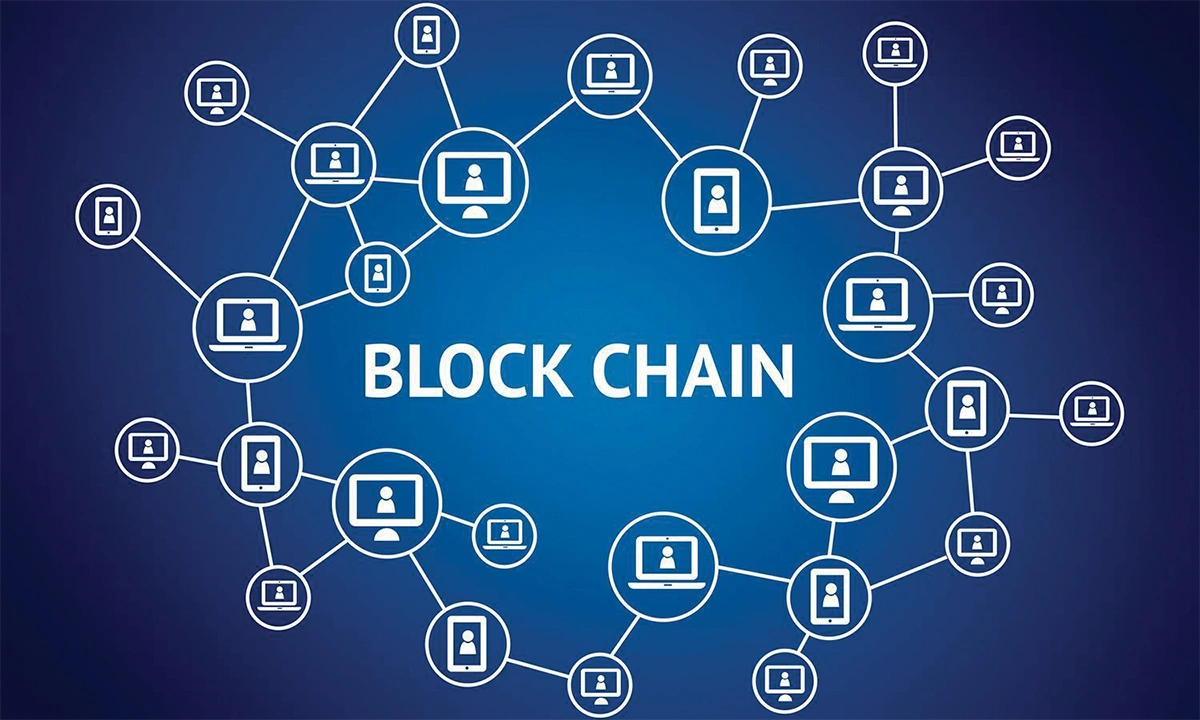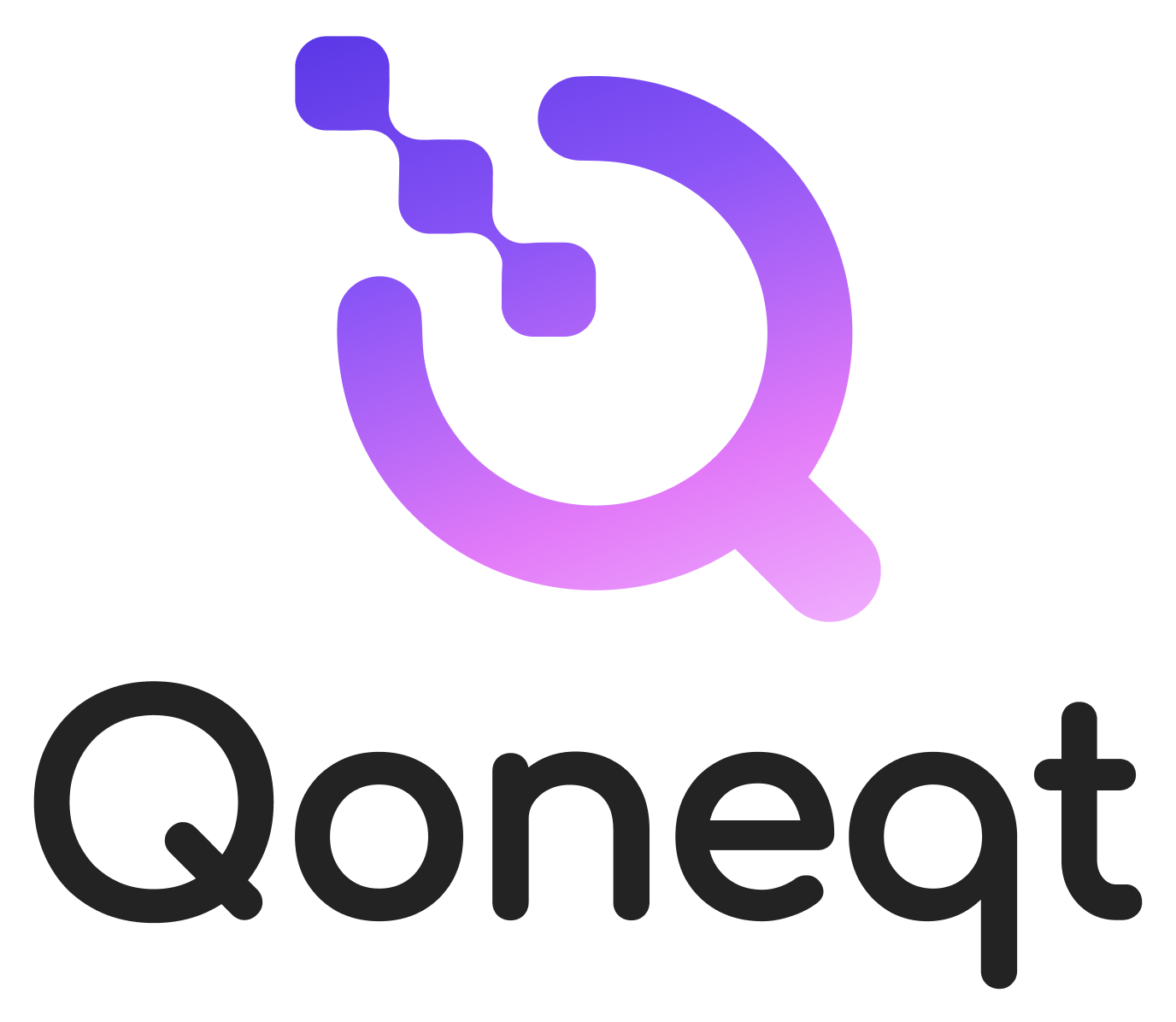
Is Blockchain Misinterpreted?
Introduction In the ever-evolving landscape of technology, few innovations have captured the imagination and potential for transformation like blockchain. The article touches few important areas of blockchain and how it will enhance the living standards of human race in terms of technology. What is a blockchain and why everyone should be aware of it? A blockchain is a super-secure, digital (not physical) ledger that many people use to keep track of transactions (information). It is like a shared, unchangeable digital notebook where everyone can see and agree on what is happening. The blockchain promotes decentralization which means spreading things out instead of keeping everything in one central place. It gives distributing power and decision-making, increased efficiency, reduced dependency, innovation, resilience, transparency, and adaptability to diverse needs. “Learning is the key that unlocks the doors to endless opportunities". Blockchain is not just about cryptocurrencies; it is a new way of making your information is safe and transactions are transparent. It empowers all individuals involved by providing them with full control and dismantling monopolies. Blockchain’s impact and future Blockchain technology, once confined to cryptocurrency applications, now permeates diverse industries with its decentralized ledger system. While cryptocurrencies like Bitcoin and Ethereum persist as primary use cases, blockchain extends its reach to supply chain management, healthcare, and finance. In finance, it streamlines transactions, reducing costs and enhancing security. Supply chains benefit from its transparency, enabling real-time tracking and authentication. Healthcare leverages blockchain for secure data management, patient privacy, and medical research advancement. Real estate transactions become more secure and transparent through blockchain-based smart contracts and property registries, reducing fraud and disputes. Across sectors, blockchain's decentralized ledger ensures trust, efficiency, and accountability, driving transformative change in how businesses operate and interact in the digital age. Blockchain technology uplifts daily life, enabling safer, swifter money transfers while cutting banking costs through intermediary removal. Online shopping becomes more transparent, fostering trust between buyers and sellers with secure transaction records. Blockchain safeguards personal information, bolstering online privacy and security. In pivotal fields like voting and healthcare, it ensures data accuracy, fostering transparency and accountability. As blockchain advances, it brings optimism, simplifying digital interactions and creating a brighter, more trustworthy future for all.
- 0
- 0
- ₹21



















